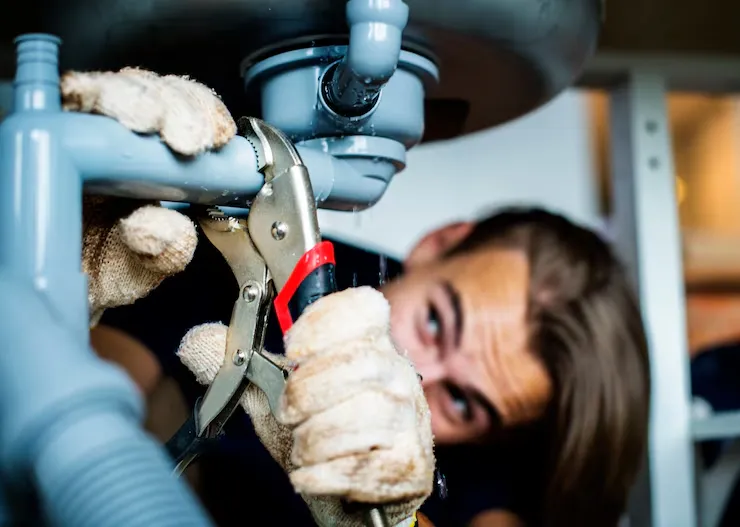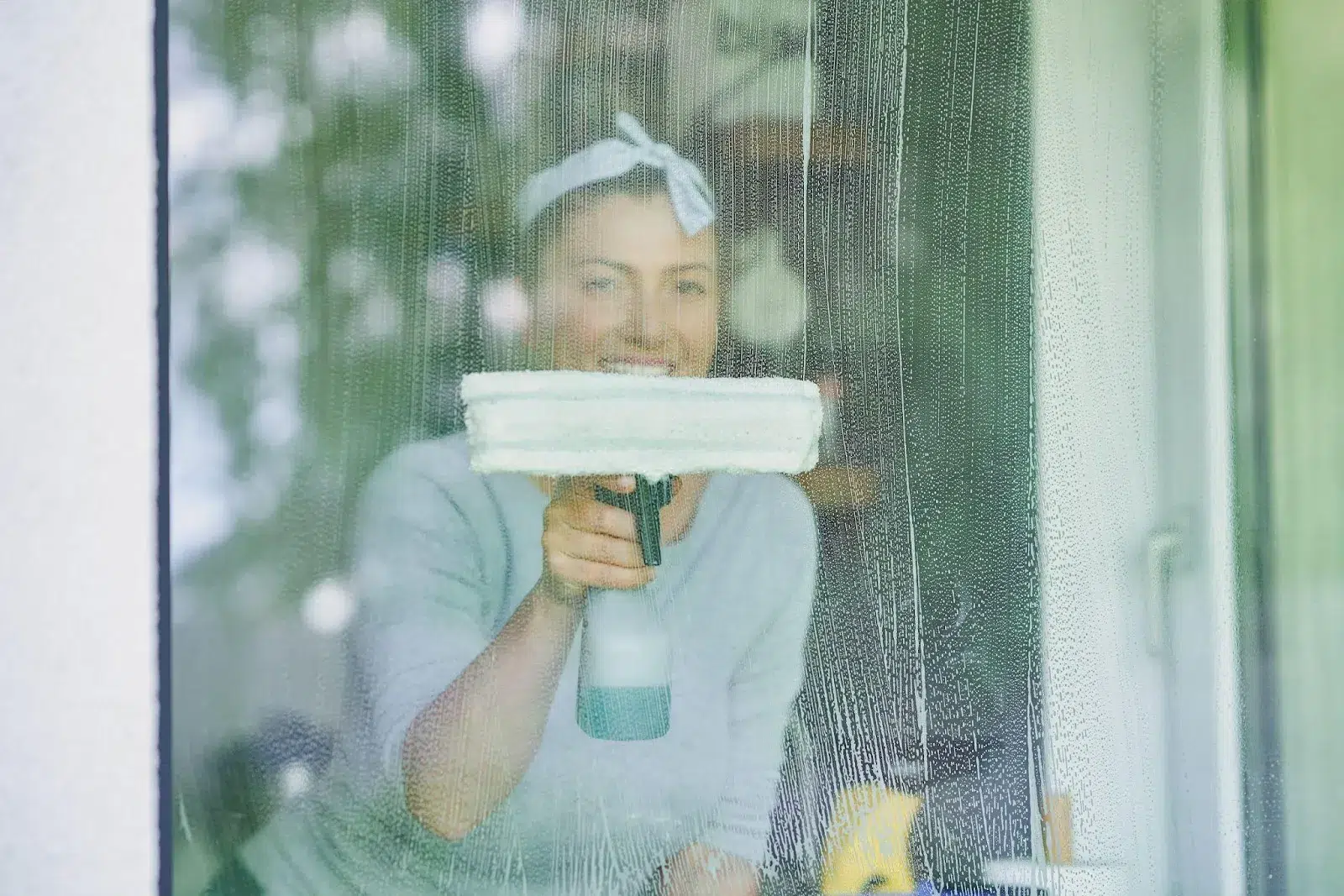Tis the season for joy, gingerbread and celebrating with family and friends – but for far too many of our seniors, it’s a season of loneliness.
Instead of a day to look forward to, Christmas can be the hardest day of the year. The holidays, with its emphasis on festive family togetherness, can be a heart-wrenching time, amping up feelings of exclusion and loneliness.
“All I want for Christmas is a bit more company,” says Lenore P. of Hamilton. Since losing her husband four years ago, the lights have dimmed when it comes to holiday happiness and traditions. The 83-year-old widow isn’t in good enough health to travel to see her younger sister in B.C. and her son who lives overseas can’t make it home this year.
Merry memories and sweet holiday nostalgia warm her heart but are also tinged with sadness, and amplify the loneliness she feels living alone in her tiny, two-bedroom home. “I feel the season of joy is now one of sorrow and I’ll be glad when it’s over,” says Lenore, who will be having Christmas dinner at a neighbour’s house and for that she is grateful.
Loneliness is a Health Hazard
Loneliness is a painful problem, not just at Christmas, but year round. The World Health Organization has declared a loneliness epidemic. Experts are sounding the alarm on the health consequences of social isolation and loneliness for our aging demographic.
Severe loneliness is as dangerous for your health as smoking 15 cigarettes a day, says Dr. Samir Sinha, director of Geriatrics at Mount Sinai Hospital. “Not only can it worsen a person’s physical and mental health, it can also increase their risk of developing dementia.”

Loneliness can contribute to risk of stroke, cardiometabolic diseases, declining mental health, and premature mortality. “One of the biggest challenges is that loneliness begets loneliness – being lonely inhibits you from reaching out to others, right when you need it most,” says Kate Mulligan, assistant professor of social and behavioral health sciences at the University of Toronto.
We Need Meaningful Connections
Loneliness isn’t just about having fewer social connections than you want, it’s also about feeling like you matter to someone, that you are valued in your community, says Mulligan. “That existential loneliness can be particularly acute over the holiday season when the days are short and dark, the weather is cold, and there can be a feeling of pressure to be social.
“It’s extra hard for people who face social exclusion or invisibility in their daily lives due to intersecting factors like ableism, ageism, racism and homophobia,” she adds.
The majority of older Canadians – 58% – reported experiencing some level of loneliness, while nearly 20% reported being very lonely, in a report from the National Institute of Ageing.
The “cure” is meaningful social interactions with at least one person but the challenge is getting individuals together and interacting in a meaningful way. “It’s important during holidays to think about those who may be less connected and what might be driving this – to support them in being able to connect and celebrate with others,” says Dr. Sinha.
Social Prescribing Programs Reduce Loneliness
Support could be as simple as organizing more telephone, video or in-person check ins, or finding ways to help a person plan ahead so they can get to and meaningfully participate in a gathering, for example organizing a ride to get them there and back.
As we age, we tend to outlive other family members and friends. “Strengthening social networks can allow people to ensure they have a group of people they can connect with regularly in meaningful ways especially around the holidays. This may require reaching out to relatives, distant friends and acquaintances to invest the time in developing relationships,” says Dr. Sinha.
According to Mulligan, there are simple, evidence-based solutions that show really dramatic results for people experiencing loneliness. “Social prescribing, for example, is really catching on across Canada, especially with community-based groups who work with older adults.
“In a social prescribing project I worked on in Ontario, participants reported a 49% reduction in loneliness and reduced their number of healthcare visits significantly because they were being better served in the community.”
In BC, provincially-funded community connectors help older adults in over 100 communities to reconnect with their communities through home supports, arts and culture, nature and exercise, and more, says Mulligan. Similar programs are underway in every province across Canada and in many other countries around the world.
Sign up For Calls And Visits
“Social prescribing helps isolated older adults switch the focus from ‘what’s the matter with me’ to ‘what matters to me,’ and brings a lot of joy and connection through support to participate in simple health-promoting activities with others,” says Mulligan, senior director of the Canadian Institute for Social Prescribing.
Kate Mulligan Offers These Tips to Combat Loneliness:

- Ask your health care provider about social prescribing. This means a referral to a peer or community health worker who can help you make a plan for non-clinical supports, like group arts activities, friendly calls and visitors, park walks, cooking clubs or chair yoga.
- Become a volunteer. Giving back to others – called beneficence in the scientific literature – is a proven way to boost your own health and wellbeing. Many local community organizations like food banks, shelters and meal delivery services need additional volunteers to help them manage the busy holiday season.
- Sign up for friendly calls and visits through programs like the Red Cross Friendly Calls Program. You can receive calls or give them to others.
- Tell your story. Story telling is a vital contribution that older adults can make to their communities, to share values, history and meaning across generations. It can also foster social connection with listeners and readers. Reach out to your local library or find a community storytelling program near you to be a part of our living history.
- Focus on what’s strong over what’s wrong. Lean into your strengths and interests, or rediscover something that used to make you happy that you lost touch with over the years. Activities that connect with or foster your sense purpose, meaning and skill are great for your overall wellbeing.




